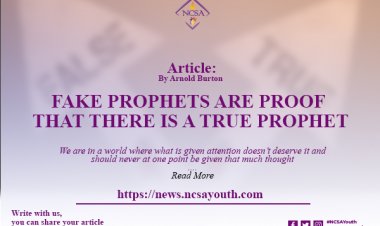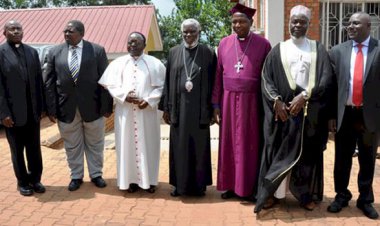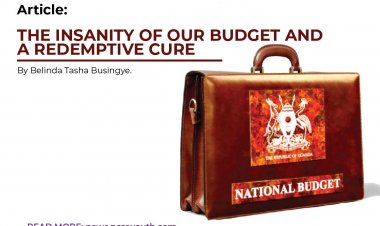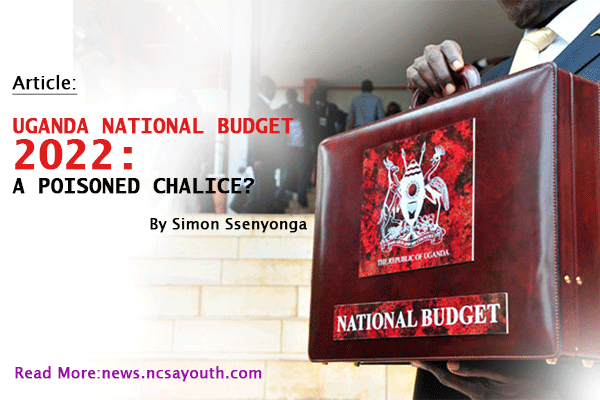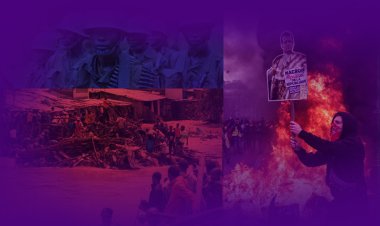Preserving Secular Governance: Why Government Should Maintain Distance from Religious Organizations
In recent times, there has been a concerning trend towards intertwining religious and faith-based organizations (RFOs) with governmental entities, under the guise of enhancing social cohesion and achieving policy objectives.
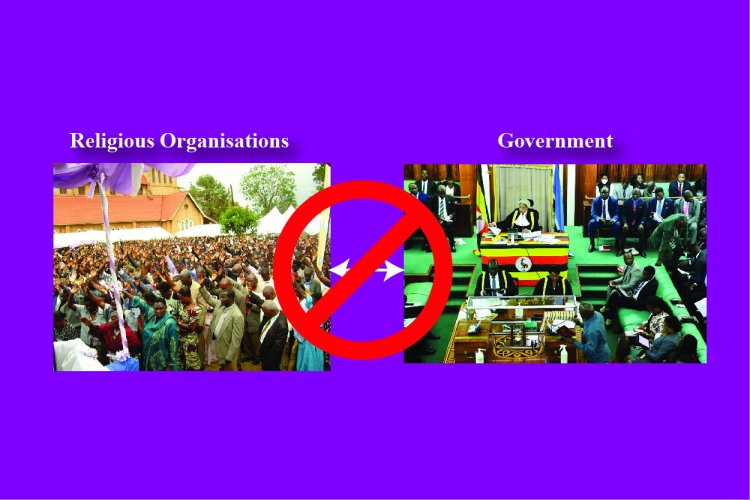
However, this integration raises significant questions about the separation of church and state, a fundamental principle in many democratic societies.
The proposal to integrate RFOs into governmental plans and budgets through the Directorate for Ethics and Integrity (DEI) sets a dangerous precedent. While collaboration between different sectors can be beneficial, it is crucial to recognize the inherent risks of entangling religious bodies with political agendas.
Firstly, such integration undermines the principle of secular governance. By favoring specific religious groups or ideologies, the government risks alienating those who do not adhere to the same beliefs. In a diverse society, it is essential to ensure that policies and budgets are inclusive and serve the interests of all citizens, regardless of their religious affiliation.
Moreover, the involvement of the DEI in orchestrating coordination between governmental bodies and RFOs raises concerns about impartiality. The DEI's mandate to oversee ethical standards and integrity within the government may be compromised if it becomes too closely aligned with religious interests. This could erode public trust in the government's ability to uphold secular principles and safeguard the rights of all individuals.
Additionally, integrating RFOs into governmental plans and budgets may lead to the misuse of public funds. Without proper oversight and accountability measures, there is a risk that resources could be allocated based on religious considerations rather than objective criteria. This not only undermines the efficiency of government spending but also opens the door to potential corruption and favoritism.
Furthermore, strategic planning and budgetary considerations for interventions directed at RFOs should not be spearheaded by the DEI. This could create a conflict of interest, as the DEI's primary focus should be on ensuring ethical behavior within the government, rather than promoting religious initiatives.
In conclusion, while collaboration between religious and governmental entities can be valuable in certain contexts, it is essential to uphold the principle of secular governance. Integration of RFOs into governmental plans and budgets through the DEI risks compromising this principle and eroding public trust in the government's commitment to impartiality and inclusivity. It is imperative to maintain a respectful distance between religious organizations and the state to preserve the integrity of democratic institutions.
by Nabaasa Arnold Burton
(Thw Writer is a member of the NCSA Community)













